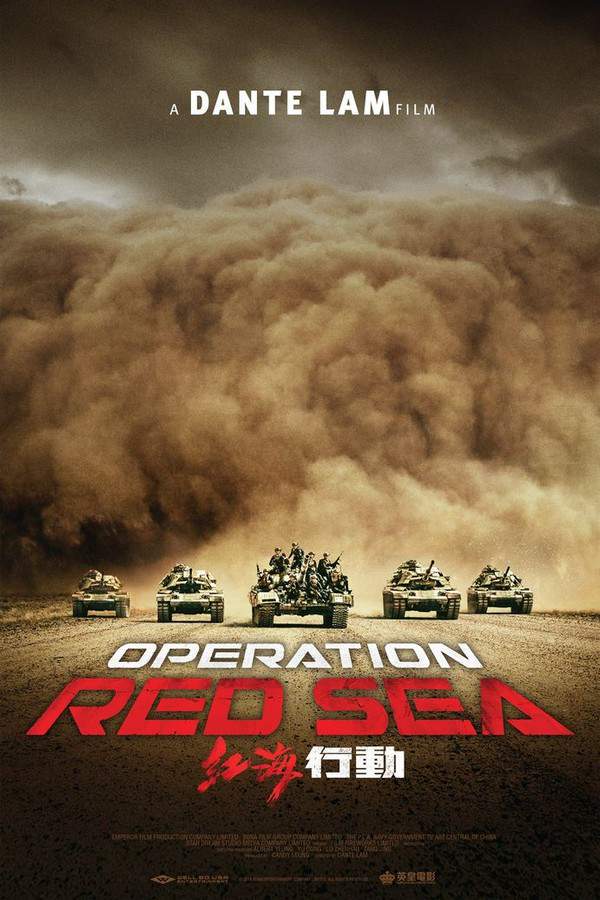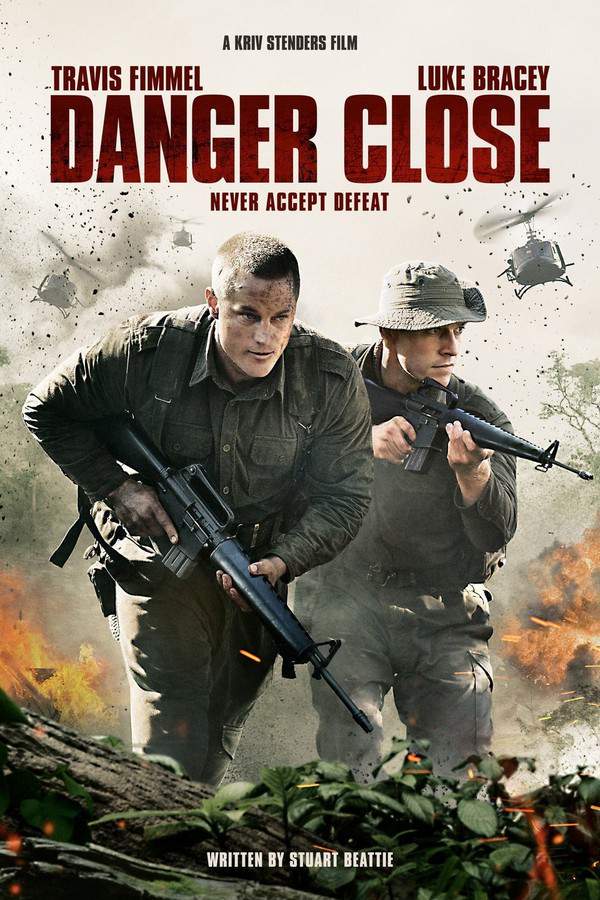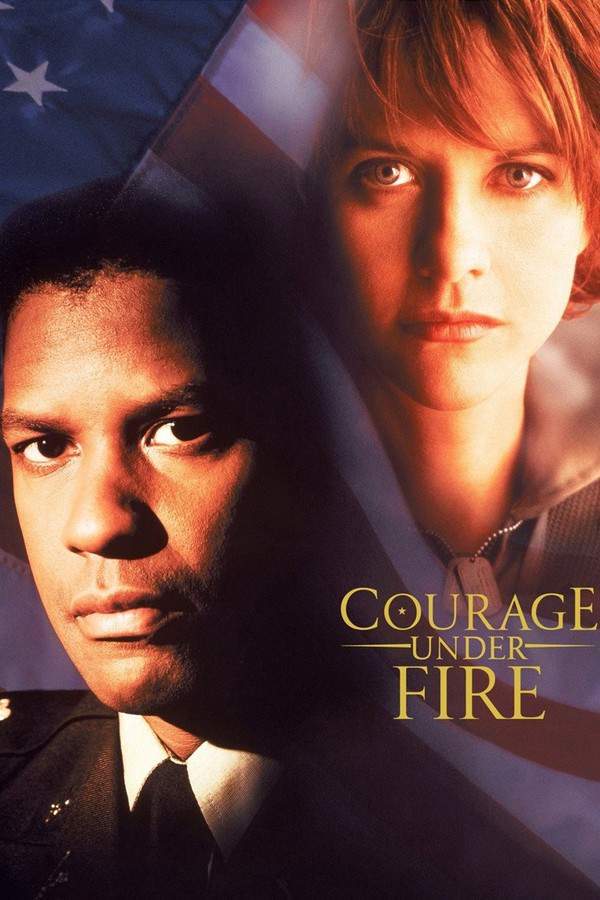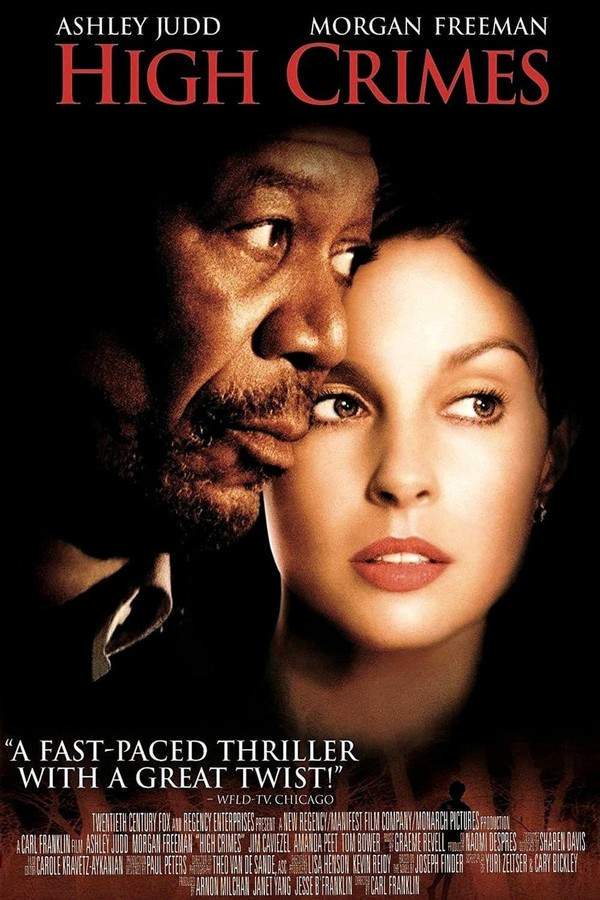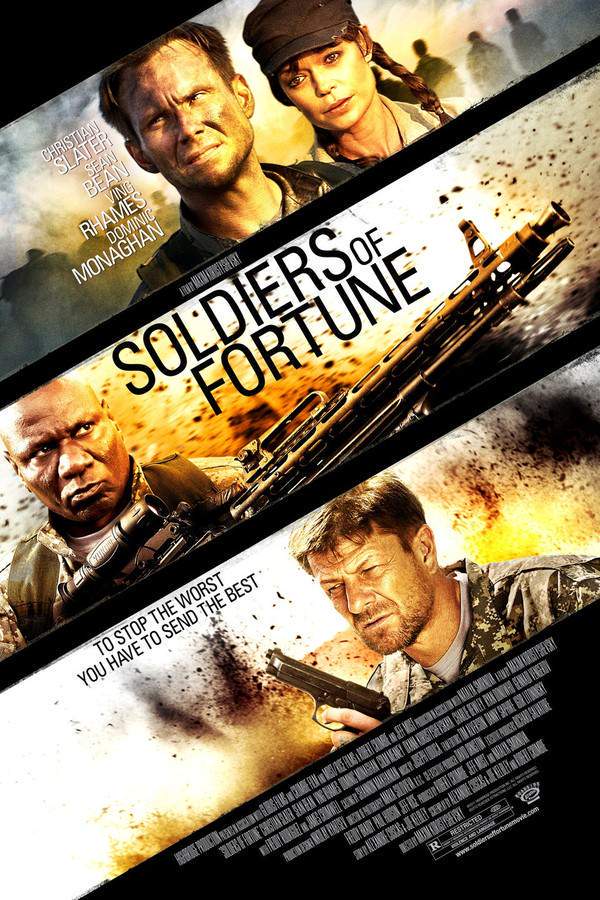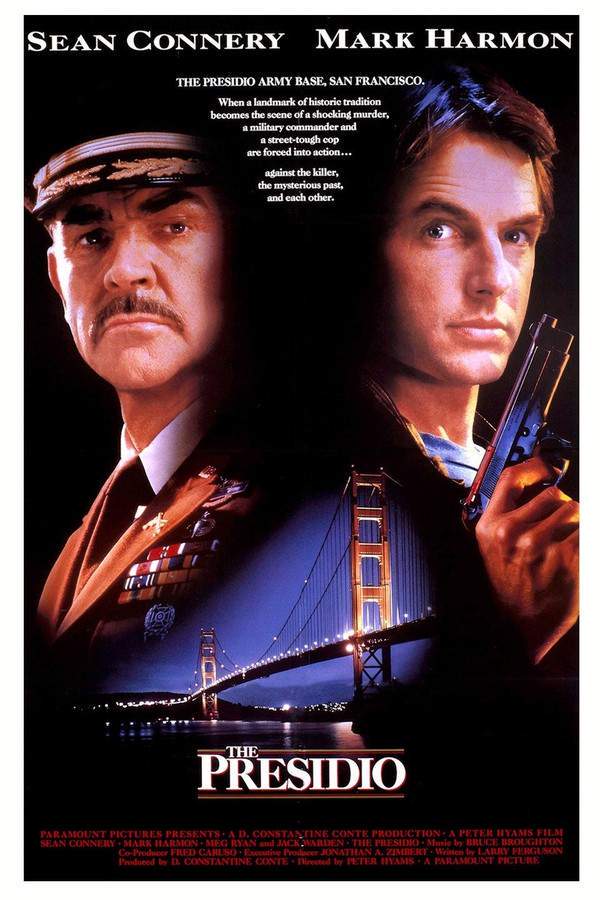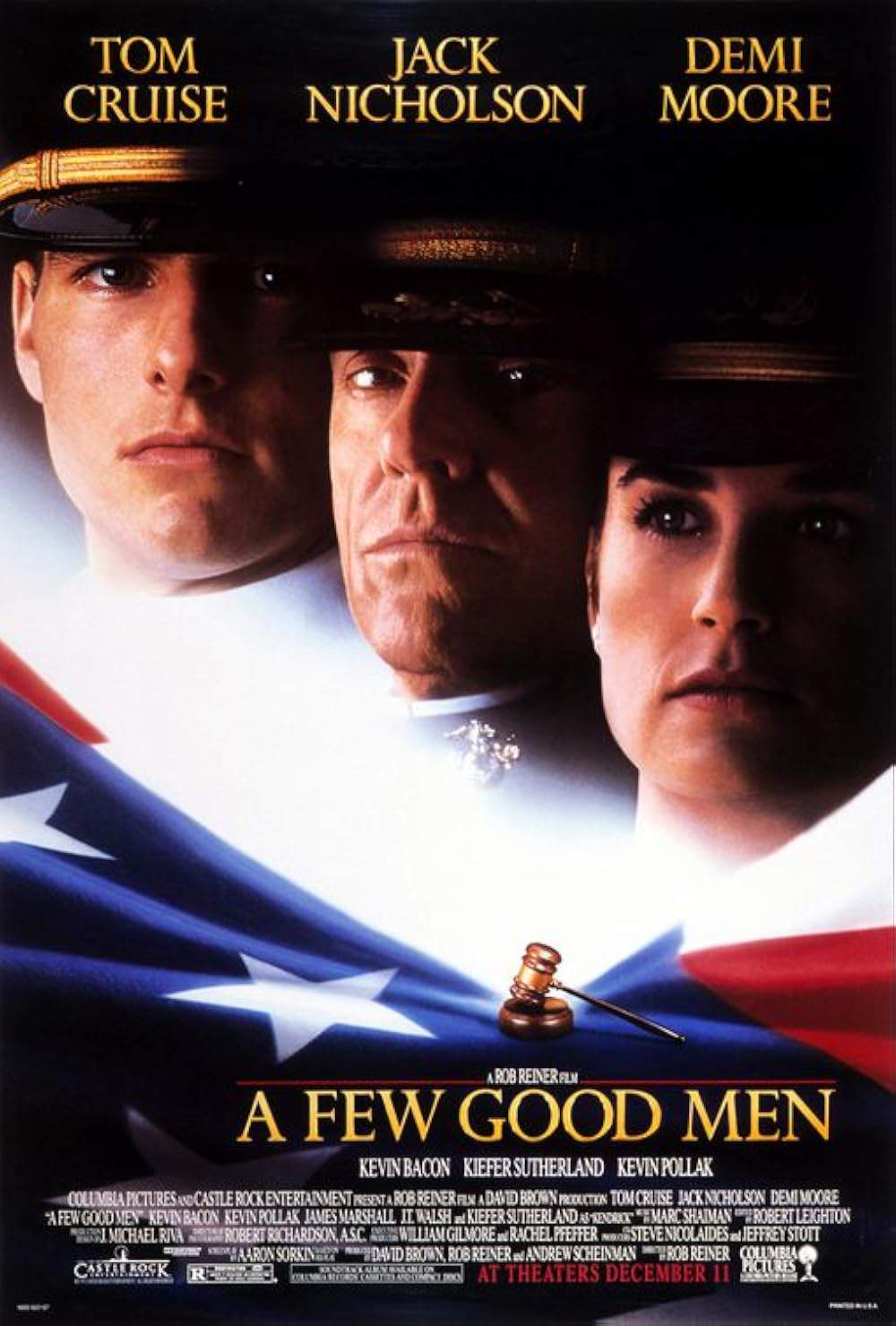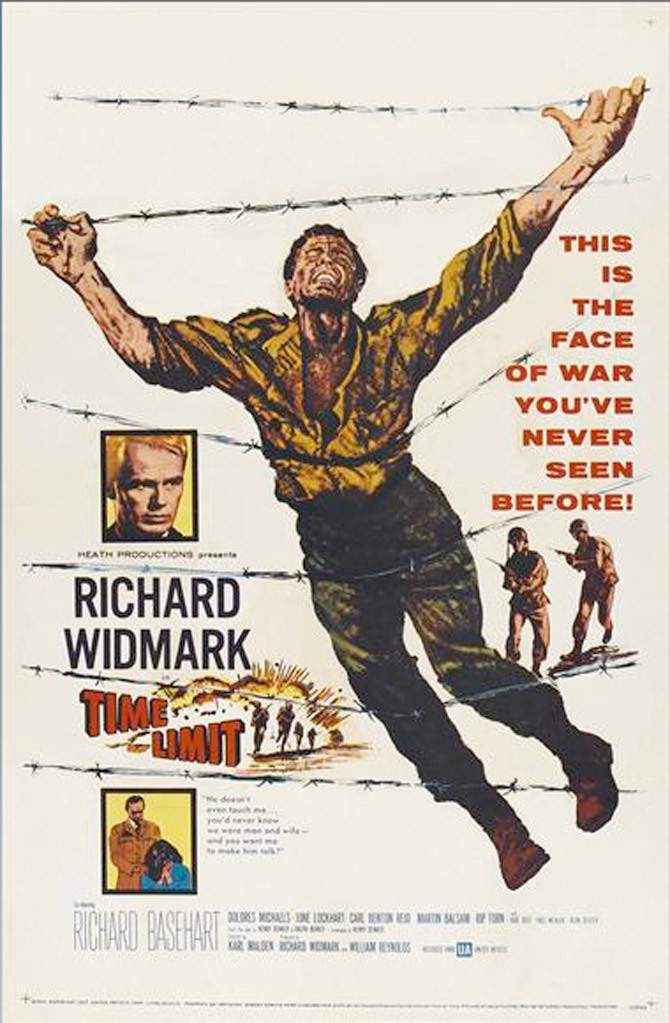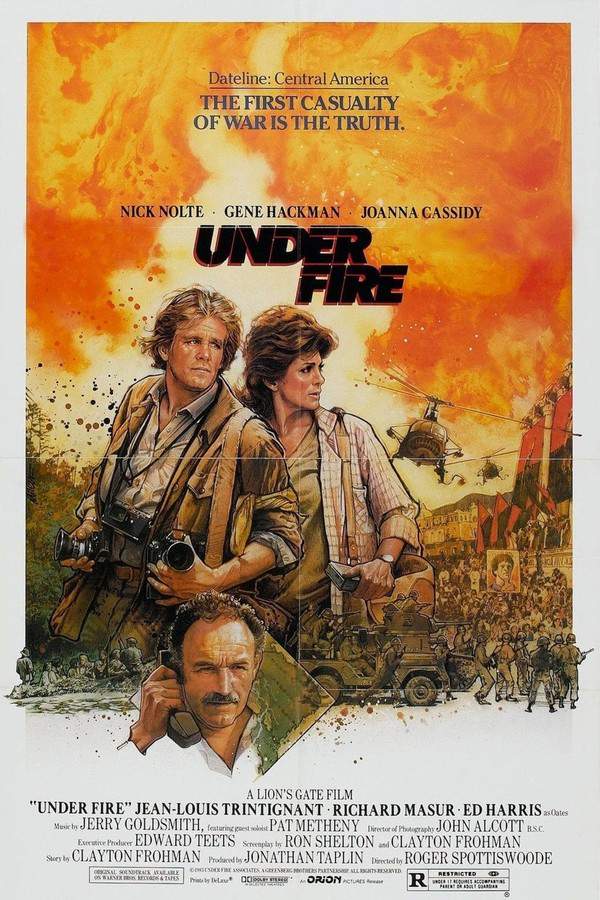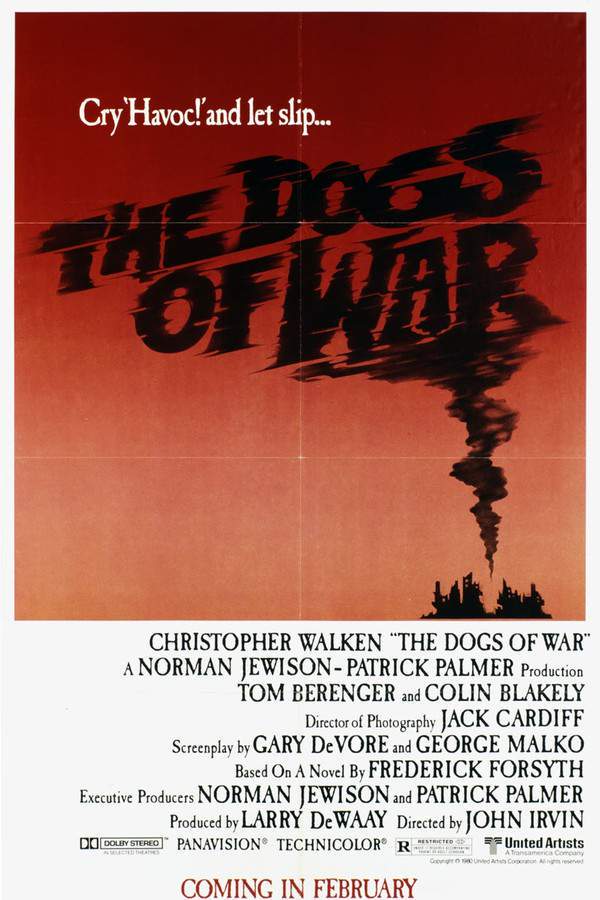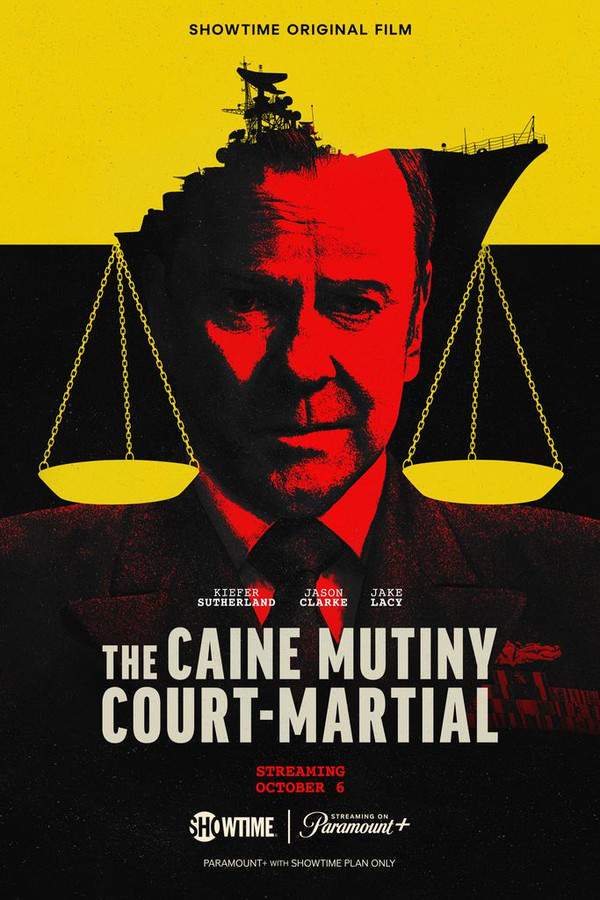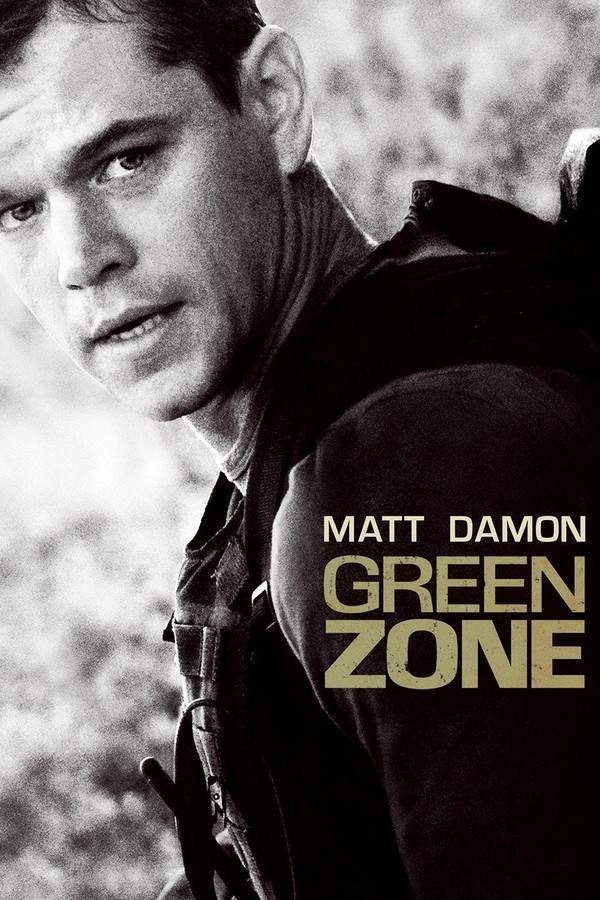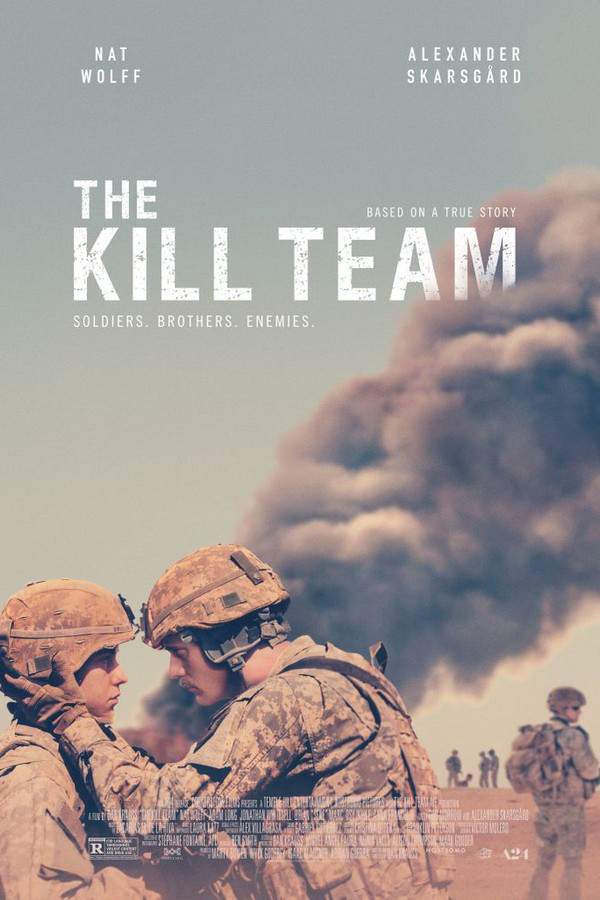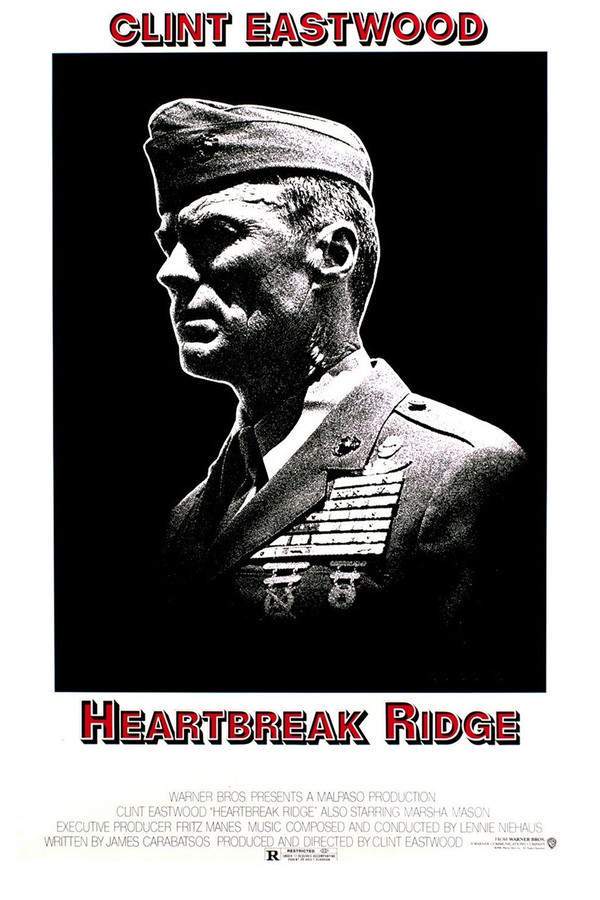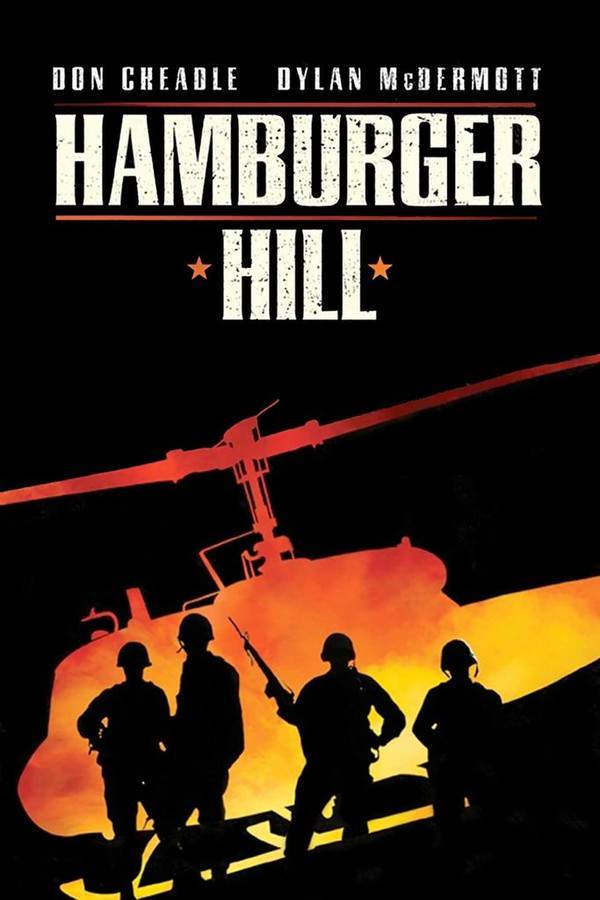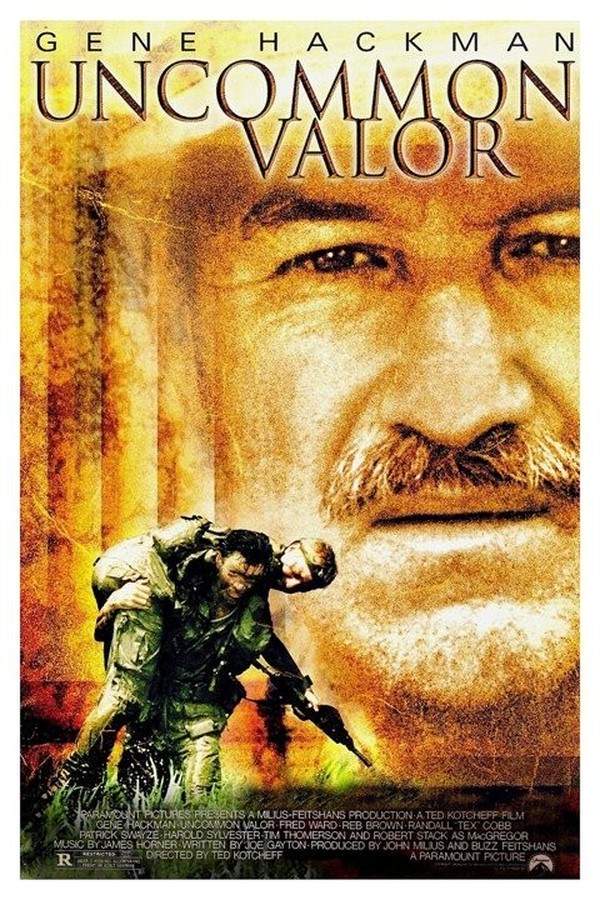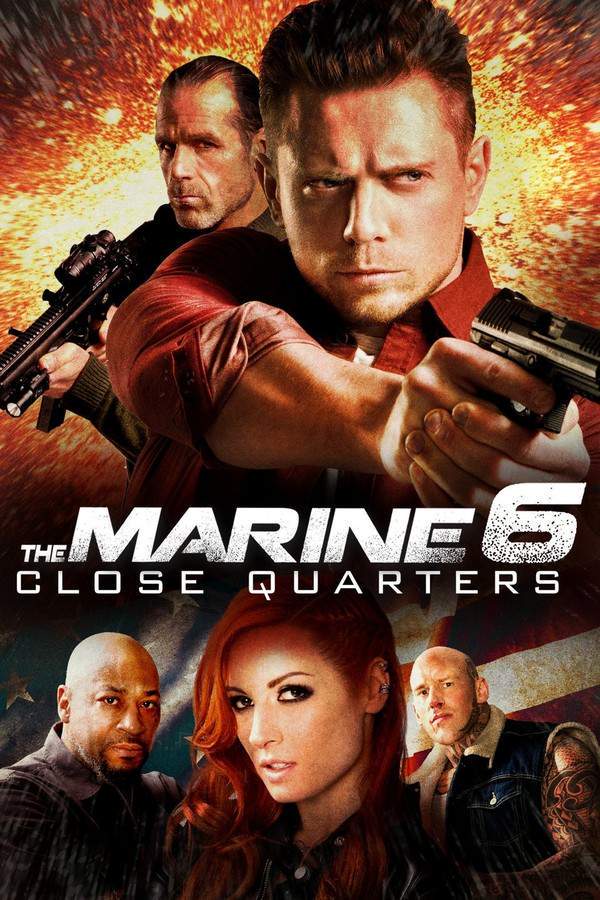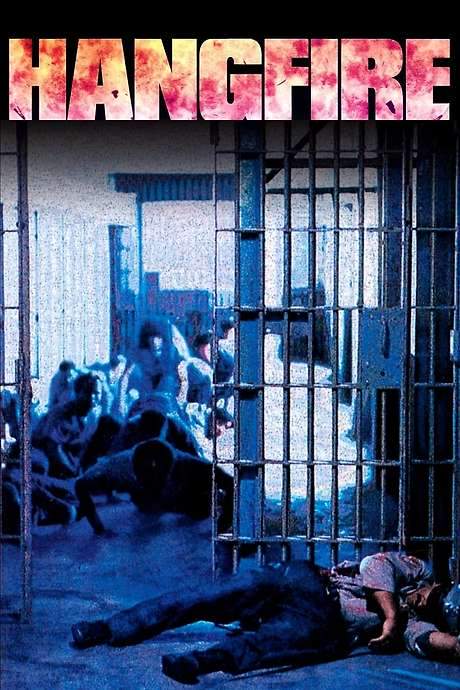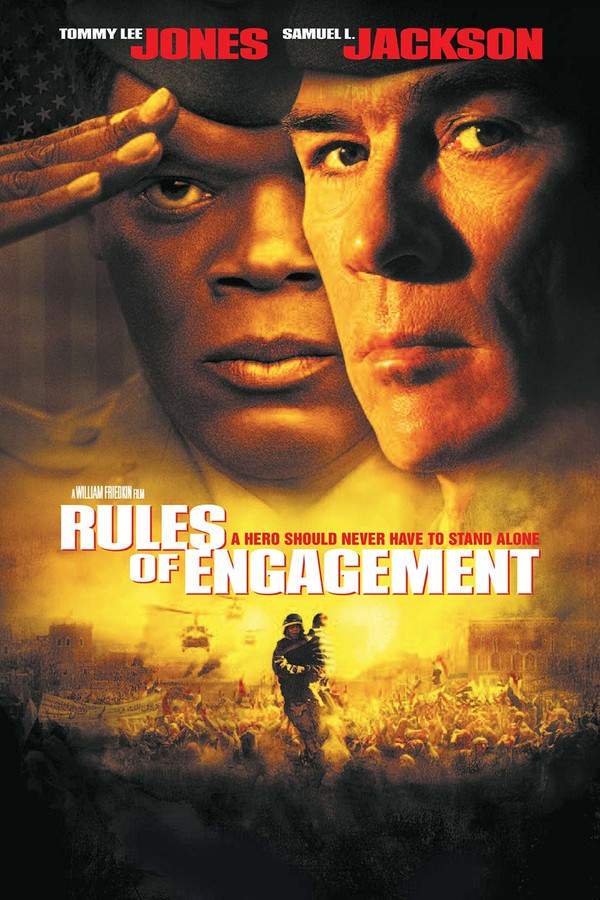
Rules of Engagement
Year: 2000
Runtime: 128 min
Language: English
Director: William Friedkin
Budget: $60M
Facing legal repercussions after a disastrous rescue operation, decorated war hero Colonel Terry Childers seeks the assistance of Colonel Hays Hodges, a seasoned lawyer and trusted friend. Together, they navigate a complex legal battle, forcing Childers to confront the difficult truths of war, the weight of his actions, and the true cost of patriotism. The film explores themes of loyalty, sacrifice, and the blurred lines between duty and justice.
Warning: spoilers below!
Haven’t seen Rules of Engagement yet? This summary contains major spoilers. Bookmark the page, watch the movie, and come back for the full breakdown. If you're ready, scroll on and relive the story!
Rules of Engagement (2000) – Full Plot Summary & Ending Explained
Read the complete plot breakdown of Rules of Engagement (2000), including all key story events, major twists, and the ending explained in detail. Discover what really happened—and what it all means.
In 1968, during a tumultuous phase of the Vietnam War, Lieutenant Terry Childers (Samuel L. Jackson) makes a controversial decision by executing an unarmed prisoner. This drastic action is intended to intimidate a North Vietnamese army officer, aiming to prevent an ambush that could have cost the lives of U.S. Marines. Despite his actions saving Lieutenant Hayes Hodges (Tommy Lee Jones), many of Hodges’ men tragically perish in the ensuing conflict.
Fast forward to 1996, now a distinguished Colonel, Hodges is on the verge of retiring from the Marine Corps. Reflecting on his past, he recalls his transition from combat after sustaining injuries during Operation Kingfisher, which led him to law school and a new path as a JAG officer. At a gathering organized to honor his service, he reunites with his old friend, Colonel Terry Childers, who currently commands a Marine Expeditionary Unit (MEU).
Deployed to Southwest Asia, Col. Childers and his MEU find themselves in a perilous situation when they are called to evacuate the U.S. Ambassador to Yemen amid rising civil unrest. What starts as a routine operation escalates into chaos; after safely escorting Ambassador Mourain and his family to a helicopter, Childers makes a fateful decision to return for the American flag. In the process, he orders his troops to engage the crowd, leading to a devastating outcome: 83 civilians are killed, and over 100 individuals are injured during the rampant gunfire.
Back in the United States, the fallout from this incident becomes a matter of national significance. The U.S. National Security Advisor, Bill Sokal (Bruce Greenwood), insists on a court-martial to shift the blame onto Childers, in an attempt to restore American public image. Seeking representation, Childers approaches Hodges to take on his defense, despite the latter’s initial hesitation due to his less-than-stellar record as a JAG officer. The urgency of the situation compels Hodges to accept, as Childers prefers a battle-hardened lawyer by his side.
In a race against time, Hodges travels to Yemen, where he faces obstructions from government officials and witnesses reluctant to recount the events. The evidence heavily leans against Childers, as no team members can confirm gunfire originated from the crowd. Meanwhile, Sokal and the zealous prosecutor, Major Biggs (Guy Pearce), work relentlessly to ensure a conviction. In a shocking move, Sokal destroys crucial security footage that could have supported Childers’ defense and even resorts to blackmailing Ambassador Mourain into providing false testimony.
As the trial unfolds, Hodges explores the nuances of the case, interviewing the Ambassador’s wife who, although acknowledging Childers’ bravery, refuses to testify out of loyalty to her husband. During the courtroom proceedings, Hodges unveils a shipping manifest, highlighting the destruction of potentially exculpatory evidence that might have cleared Childers. Tensions rise as Captain Lee (Blair Underwood) is cross-examined, inadvertently casting doubt on Childers’ innocence.
In a gripping climax, Childers himself takes the witness stand. The courtroom becomes charged as he battles with Biggs, who presents audio evidence of Childers’ controversial command. In a moment of frustration, Childers defends his actions, vowing not to jeopardize his men’s lives to placate his accusers. The prosecution brings forward Colonel Cao, a Vietnamese officer who witnessed Childers’ past actions to depict him as a villain. However, through skillful cross-examination, Hodges forces Cao to concede that he would have acted similarly under dire circumstances.
In a surprising conclusion, Childers is found guilty only of a minor infraction for breach of the peace, while being acquitted of the serious charges of conduct unbecoming an officer and murder. A closing title reveals that Childers ultimately retired honorably from the Marine Corps, while Sokal and Mourain faced repercussions for their manipulation of evidence and perjury. The narrative encapsulates a profound commentary on the complexities of military ethics and the sacrifices made by those in service.
Last Updated: November 02, 2024 at 12:33
Explore Movie Threads
Discover curated groups of movies connected by mood, themes, and story style. Browse collections built around emotion, atmosphere, and narrative focus to easily find films that match what you feel like watching right now.
Military Courtroom Thrillers like Rules of Engagement
When soldiers face court-martial, their duty and honor go on trial.If you enjoyed the tense legal battle and wartime flashbacks of Rules of Engagement, explore more movies like it. This collection features gripping military legal dramas where soldiers must defend their actions in court, often leading to intense moral examinations and high-stakes verdicts.
Narrative Summary
Stories typically unfold through a dual-timeline structure, juxtaposing past combat missions with their present-day legal repercussions. The central conflict involves a military professional, often an officer, defending their conduct and their honor against accusations of misconduct, exploring the vast gray area between the rules of engagement and the reality of war.
Why These Movies?
Movies are grouped here for their shared high-stakes atmosphere, blending the procedural nature of a legal thriller with the visceral impact of a war film. They share a tense tone, focus on themes of loyalty and duty, and often end with a verdict that carries a bittersweet weight.
Movies about Moral Command Choices like Rules of Engagement
Stories about leaders facing impossible choices and living with the consequences.For viewers who appreciated the deep ethical conflict in Rules of Engagement, this list features similar films about the heavy burdens of leadership. Discover stories where characters in positions of authority must make impossible decisions, facing severe consequences and a crisis of conscience.
Narrative Summary
The narrative pattern centers on a protagonist in a leadership role, often military or similar high-pressure environments, forced to make a split-second decision with far-reaching, often tragic, consequences. The story then follows their journey of justification, defense, and personal reckoning with the moral fallout of their actions.
Why These Movies?
These films are united by their heavy emotional weight and focus on the moral complexity of leadership. They create a gripping, thought-provoking experience by forcing the audience to confront difficult ethical questions alongside the characters, often leading to a somber and bittersweet resolution.
Unlock the Full Story of Rules of Engagement
Don't stop at just watching — explore Rules of Engagement in full detail. From the complete plot summary and scene-by-scene timeline to character breakdowns, thematic analysis, and a deep dive into the ending — every page helps you truly understand what Rules of Engagement is all about. Plus, discover what's next after the movie.
Rules of Engagement Timeline
Track the full timeline of Rules of Engagement with every major event arranged chronologically. Perfect for decoding non-linear storytelling, flashbacks, or parallel narratives with a clear scene-by-scene breakdown.

Characters, Settings & Themes in Rules of Engagement
Discover the characters, locations, and core themes that shape Rules of Engagement. Get insights into symbolic elements, setting significance, and deeper narrative meaning — ideal for thematic analysis and movie breakdowns.

Rules of Engagement Spoiler-Free Summary
Get a quick, spoiler-free overview of Rules of Engagement that covers the main plot points and key details without revealing any major twists or spoilers. Perfect for those who want to know what to expect before diving in.

More About Rules of Engagement
Visit What's After the Movie to explore more about Rules of Engagement: box office results, cast and crew info, production details, post-credit scenes, and external links — all in one place for movie fans and researchers.

Similar Movies to Rules of Engagement
Discover movies like Rules of Engagement that share similar genres, themes, and storytelling elements. Whether you’re drawn to the atmosphere, character arcs, or plot structure, these curated recommendations will help you explore more films you’ll love.
Explore More About Movie Rules of Engagement
Rules of Engagement (2000) Scene-by-Scene Movie Timeline
Rules of Engagement (2000) Movie Characters, Themes & Settings
Rules of Engagement (2000) Spoiler-Free Summary & Key Flow
Movies Like Rules of Engagement – Similar Titles You’ll Enjoy
Green Zone (2010) Plot Summary & Ending Explained
The Kill Team (2019) Full Movie Breakdown
Danger Close (2017) Ending Explained & Film Insights
Heartbreak Ridge (1986) Film Overview & Timeline
Courage Under Fire (1996) Full Movie Breakdown
Hamburger Hill (1987) Full Movie Breakdown
Uncommon Valor (1983) Movie Recap & Themes
The Marine (2006) Full Movie Breakdown
Behind Enemy Lines (2001) Detailed Story Recap
Allegiance (2012) Spoiler-Packed Plot Recap
The Kill Hole (2013) Plot Summary & Ending Explained
Hangfire (1991) Story Summary & Characters
The Soldier (1982) Movie Recap & Themes
Behind Enemy Lines (1997) Full Summary & Key Details
The Green Berets (1968) Film Overview & Timeline

